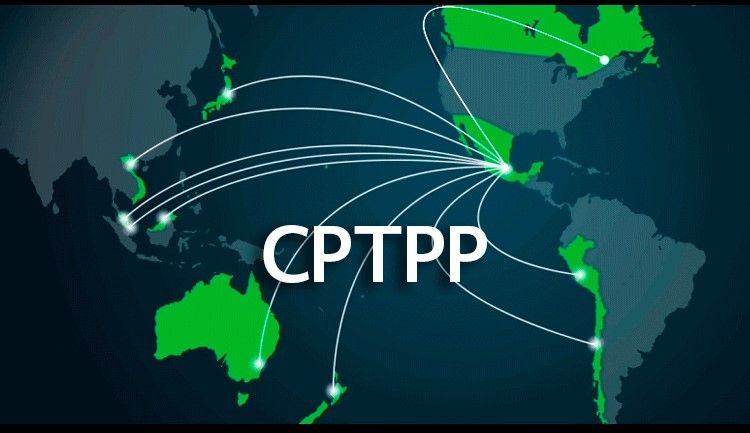Mexico has a similar vision between the e-commerce chapters of the Comprehensive and Progressive Agreement for Trans-Pacific Partnership (CPTPP) and the Pacific Alliance.
This takes into consideration the progressive nature of these provisions and the continuous need to update them based on the social context of international trade and the use of information and communication technologies (ICTs) in global supply chains.
Based on this and although, due to the different periods in which both instruments were signed, the chapter on electronic commerce of TIPAT contains specific provisions that are not contemplated in the chapter on electronic commerce of the Pacific Alliance.
Among these provisions are mainly: Article 14.5: National Framework for Electronic Transactions; Article 14.10: Principles on Access to and Use of the Internet for Electronic Commerce; also Article 14.12: Shared Internet Interconnection Charges; Article 14.16: Cooperation on Cybersecurity Matters; and Article 14.17: Source Code.
E-commerce in TIPAT
In turn, there are specific commitments on transparency that are contemplated in the Pacific Alliance e-commerce chapter (Article 13.5: Transparency) that are not found in the CPTPP e-commerce chapter.
For Mexico they represent interrelated commitments that complement each other under this progressive principle, which even form part of the technical and legal analysis for future negotiations that will consolidate the evolution of the provisions on electronic commerce.
With its entry into force on December 30, 2018, the signatories of CPTPPare: Australia, Brunei, Canada, Chile, Japan, Malaysia, Mexico, New Zealand, Peru, Singapore and Vietnam.
This Treaty incorporates almost all of the provisions negotiated under the Trans-Pacific Partnership Agreement (TPP). In the CPTPP, Mexico maintained the market access commitments stipulated in the TPP.
As negotiated, Mexico applies the same tariff reduction schedule with all Parties except Japan; tariff reduction will end in 2033 and for Vietnam in 2034.
In 2020, two amending protocols to the Additional Protocol to the Pacific Alliance Framework Agreement entered into force. Provisions related to e-commerce and the provision of telecommunications services were modified; a new chapter on regulatory improvement was also included and an annex on cosmetics was added to the chapter on technical barriers to trade.
On the other hand, in 2022 the Pacific Alliance and Singapore signed a trade agreement.

